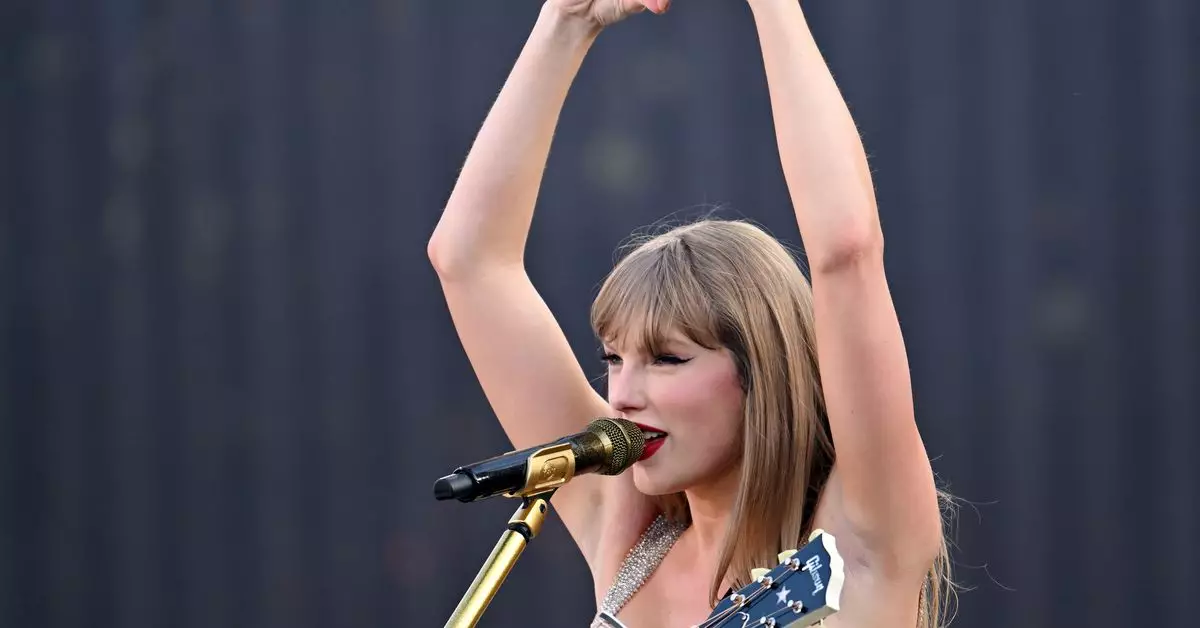Recent events have unveiled the potential dangers of AI-generated images when it comes to political endorsements. Taylor Swift, a prominent figure in both the music industry and public discourse, recently made a public statement regarding her support for Vice President Kamala Harris in the upcoming presidential election. Swift cited the influence of AI-generated images that falsely endorsed Donald Trump, leading her to take a stand and clarify her political stance.
The Threat of Misinformation
In a post on Instagram, Swift expressed her concerns about the dissemination of misinformation through AI technology. The incident involving images of her purportedly endorsing President Trump’s campaign underscored the need for transparency in political endorsements. Swift emphasized the importance of combating misinformation with truth, prompting her to disclose her actual voting plans to her followers.
The use of AI tools in political campaigns has raised ethical questions and concerns about the manipulation of public opinion. The incident with Trump sharing AI-generated images on social media to garner support for his campaign illustrates the potential for abuse of such technology. As the US presidential election approaches, the risks associated with generative AI and its impact on public discourse have become more apparent.
Efforts to curb the misuse of AI tools in political contexts have been made by some companies and policymakers. Google, for example, has imposed restrictions on election-related queries in its AI-generated search results to prevent the spread of misinformation. The incident involving a fake AI-generated robocall impersonating Joe Biden highlights the need for greater vigilance in monitoring the use of AI in political communications.
The circulation of nonconsensual and potentially harmful AI-generated images, as seen in the case of Taylor Swift, has prompted calls for legislative action. The White House has been urged to address the issue and implement measures to control the dissemination of such images. The intersection of technology, politics, and misinformation underscores the urgency of regulating AI tools to protect individuals and uphold the integrity of democratic processes.
The influence of AI-generated images on political endorsements is a growing concern in today’s digital age. The case of Taylor Swift’s response to AI-generated images endorsing a political candidate highlights the need for transparency, accountability, and regulatory measures to safeguard against the misuse of AI technology in shaping public opinion. As we navigate the complexities of AI in political campaigns, it is essential to consider the ethical implications and potential risks associated with the manipulation of visual media for political gain.


Leave a Reply